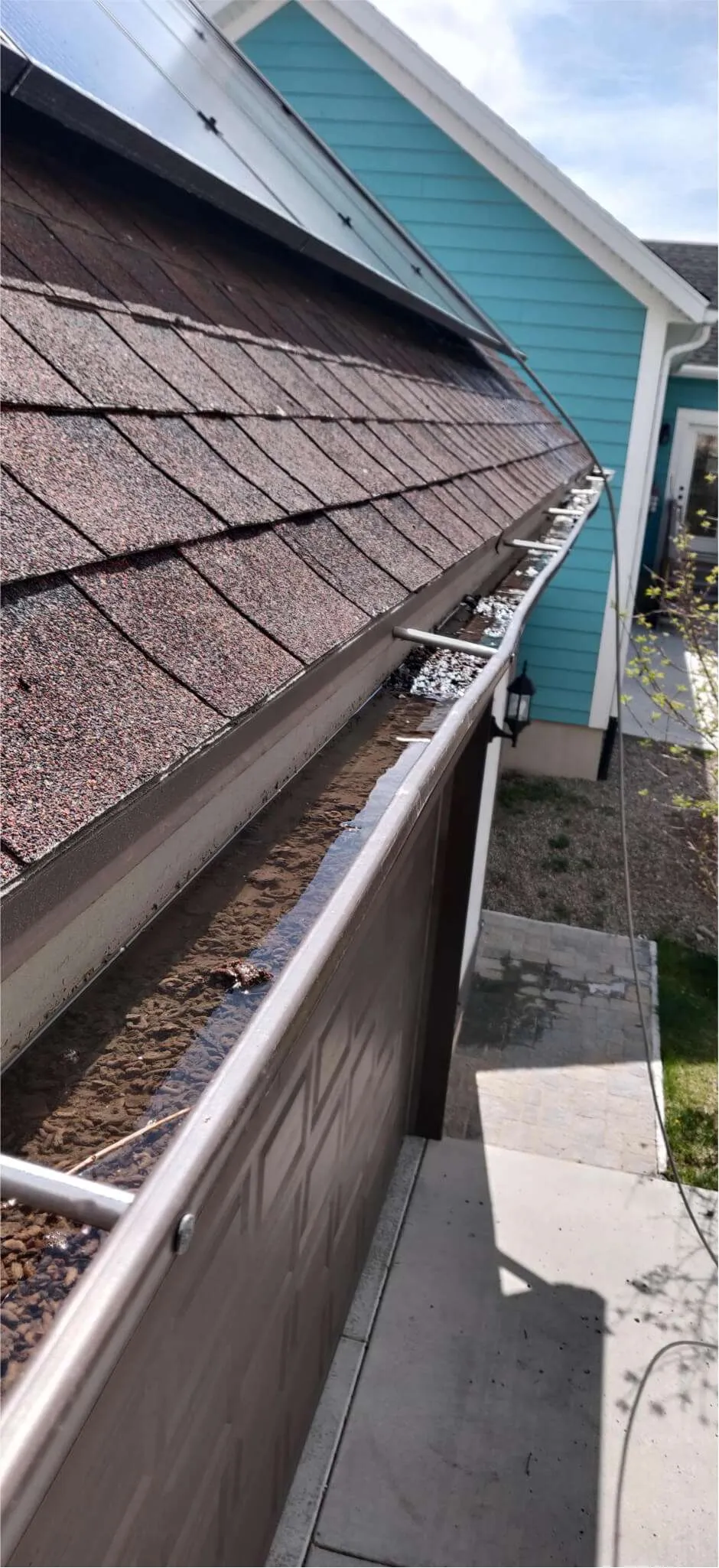
Solar Maintenance Vs. Just Cleaning: What You Should Know
Read Count : 167
Category : Articles
Sub Category : relationships
Solar Maintenance vs. Just Cleaning: What You Should Know As more people use solar energy, it's important to know how to take care of solar cells. Solar panels are made to last, but they need to be maintained properly to work at their best. Solar upkeep is not the same as just cleaning the panels. Knowing the difference can help you avoid performance problems, make your system last longer, and get the most out of your energy investment. This blog talks about the difference between cleaning and maintaining solar panels and what you should think about for their long-term performance. Understanding Solar Panels PV panels, inverters, mounting systems, wiring and electrical parts, and tracking systems are some of the different parts that make up a solar energy system. Inverters change DC electricity into AC electricity, and PV panels change sunlight into DC energy. Panels are held in place by mounting systems, and wires and electrical parts link the system. Monitoring tools keep an eye on performance and find problems. Photons from sunlight knock electrons out of atoms in solar cells, which is how solar panels make energy. Some things that can affect how well a panel works are dirt, pollen, shade, electricity problems, the panel's efficiency going down over time, and parts breaking. For the best efficiency, regular maintenance is a must. The Importance of Solar Maintenance Solar maintenance means checking, testing, and taking care of a solar energy system on a regular basis to make sure all of its parts are working properly and safely. It does more than clean the panels of dust; it also improves their performance, makes them last longer, and keeps them from breaking down and needing expensive repairs. Regular checks make sure that inverters, wiring, and micro-cracks are working properly, which increases energy output and lowers the cost of repairs. What Does Solar Maintenance Involve? Solar systems are checked regularly, and this includes physical checks for damage, rust, and problems with shading. For safety and economy, electrical system checks look at the wiring, how well the inverter works, and how well the system is grounded. As part of maintenance, digital performance metrics are looked at to find drops in output that were not predicted. Professionals can find and fix problems like inverter performance that has dropped, power loss caused by dirt, and tiny cracks in panels. The Role of Cleaning in Solar Panel Care Cleaning solar panels means getting rid of dirt, dust, pollen, and other debris from their surface so that they can absorb as much sunshine as possible. Cleaning solar panels companies are beneficial to increase energy output by 10–20% and keeps the structure and appearance in good shape by stopping buildup that could cause etching or long-term damage. How Often Should Solar Panels Be Cleaned? Panel cleaning is affected by where the panels are located, the weather, and the surroundings around them. Cleaning a home system should happen twice a year, but it could happen three or four times a year in places with a lot of dust or birds. DIY Cleaning vs. Professional Services Cleaning your own home is easy, cheap, and good for single-story houses, but it can be dangerous, damage panels, and leave the cleaning incomplete if it's not done right. Professional cleaners use special tools, are safe for panel surfaces, follow the terms of maker warranties, and work quickly and thoroughly. Depending on the size, location, and ease of entry, they can be anywhere from $150 to $500. Long-term benefits usually outweigh the costs, which increases the productivity and lifespan of a system. Common Misconceptions About Solar Maintenance and Cleaning You can't just leave solar panels alone; they need to be checked regularly, especially as they get older. Cleaning the panels is only half the problem; they can also have issues like broken inverters or lines that come loose. Self-cleaning screens can keep dirt from building up, but they still need to be checked by hand or cleaned by a professional every so often, especially in places with a lot of pollution. Best Practices for Solar Maintenance and Cleaning Maintenance plans include a basic check every 6 to 12 months, a full check once a year by a trained technician, and quick action when performance drops. Using soft brushes, deionised water, and cleaning early to avoid damage from heat are all good ways to clean. To be safe, you should turn off the system before washing it, wear fall protection and stay away from harsh chemicals or pressure cleaners. Solar energy is an investment that will pay off over time, so it's important to keep it in good shape. Regular cleaning and inspections ensure the best performance and safety. Ignoring upkeep can cause less work to be done, higher costs, and safety risks. You can make sure your system works well for years to come by being proactive, working with experienced professionals, and following best practices. Make your solar panels work smarter, not harder.
Comments
- No Comments

